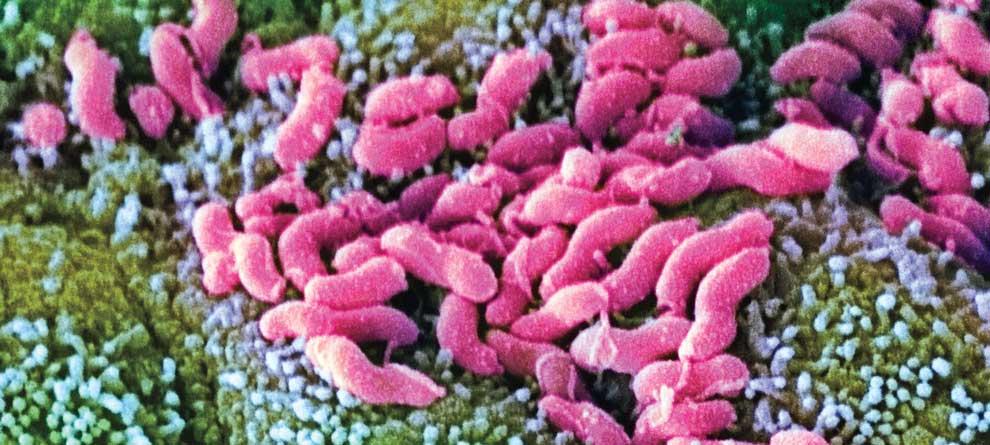
The Secrets in Your Gut
Understanding
The causes of Parkinson's disease remain unknown, and most patients are diagnosed after the onset of motor symptoms. But gastrointestinal dysfunction is seen in over 80% of PD cases. More than Motion interviewed neurologist Filip Scheperjans, Ph.D., M.D., about his research on the microbiome and PD. He explained that some studies suggest that imbalances in the microbiome of the gut (the microorganisms that live in the stomach and intestines) might precede the development of motor symptoms by up to a decade and could serve as what scientists call a “biomarker,” allowing for earlier diagnosis. Other studies suggest that pathologies in the microbiome could be a direct cause of PD. Further studies are needed, Dr. Scheperjans notes, but better understanding could change treatment options.
The Culprits
Already scientists are developing a clearer picture of what specific bacterial imbalances Parkinson’s patients have. One recent study sponsored by The Michael J. Fox Foundation indicated that the Prevotellaceae family of bacteria is greatly reduced in people with PD, which could indicate that this kind of bacteria protects against the development of the disease.
Medicine
Bacterial therapies are being studied to assist in the treatment of some diseases, and there's hope that they could be applied to treat PD as well. Once a more complete picture of the gut microbiome of PD patients is developed, scientists could begin designing medicines that contain certain protective bacteria or combinations of bacteria, or substances that perform the same metabolic functions that these bacteria perform. Such medicines, though probably 20 years off, could prevent or slow the disease's development.
Diet
Within a few years, scientists may be able to determine what kinds of foods influence the development of bacteria, allowing for the creation of diets that could be beneficial to patients
.
Originally printed in MoreThanMotion, Spring 2015.




